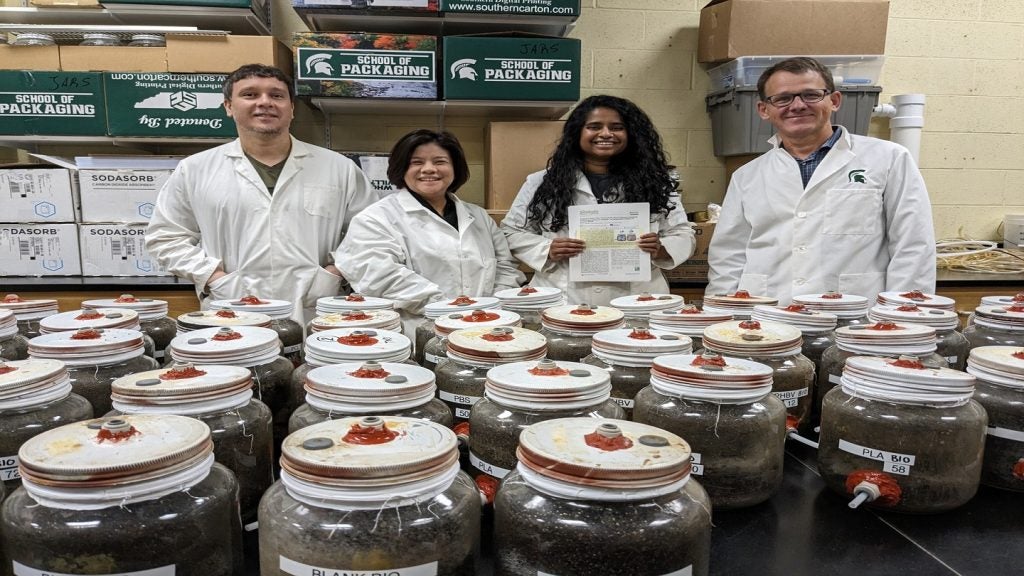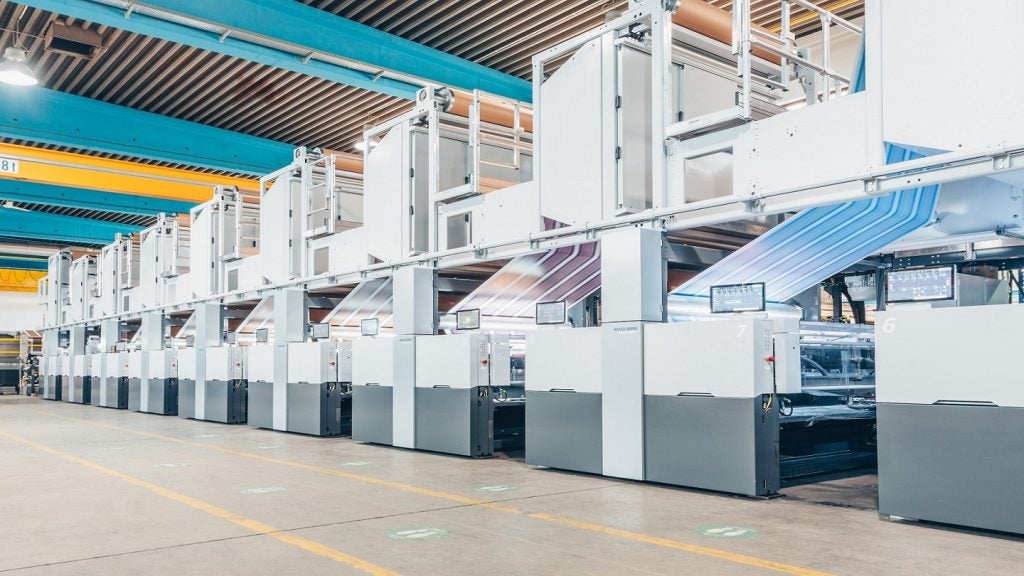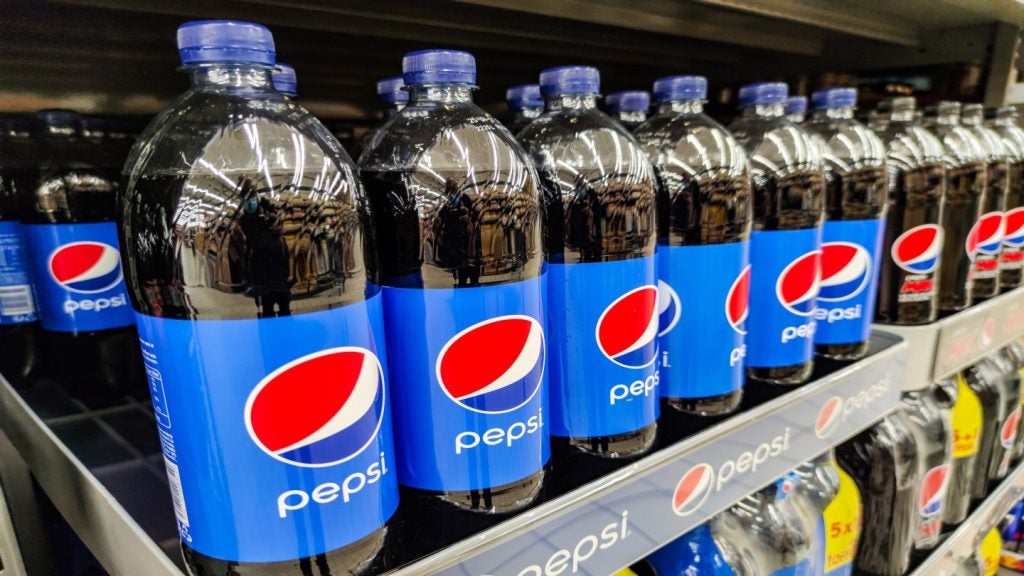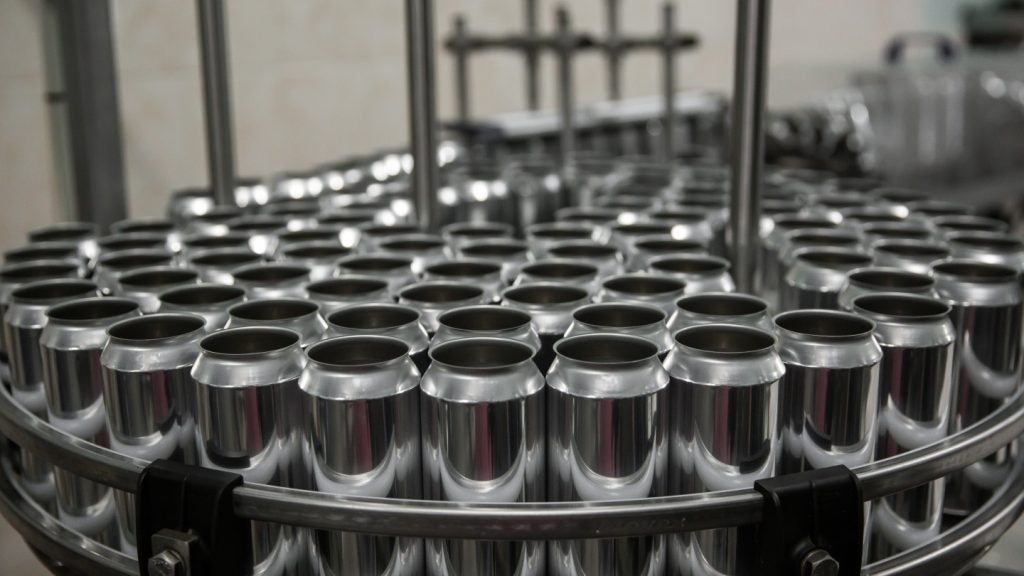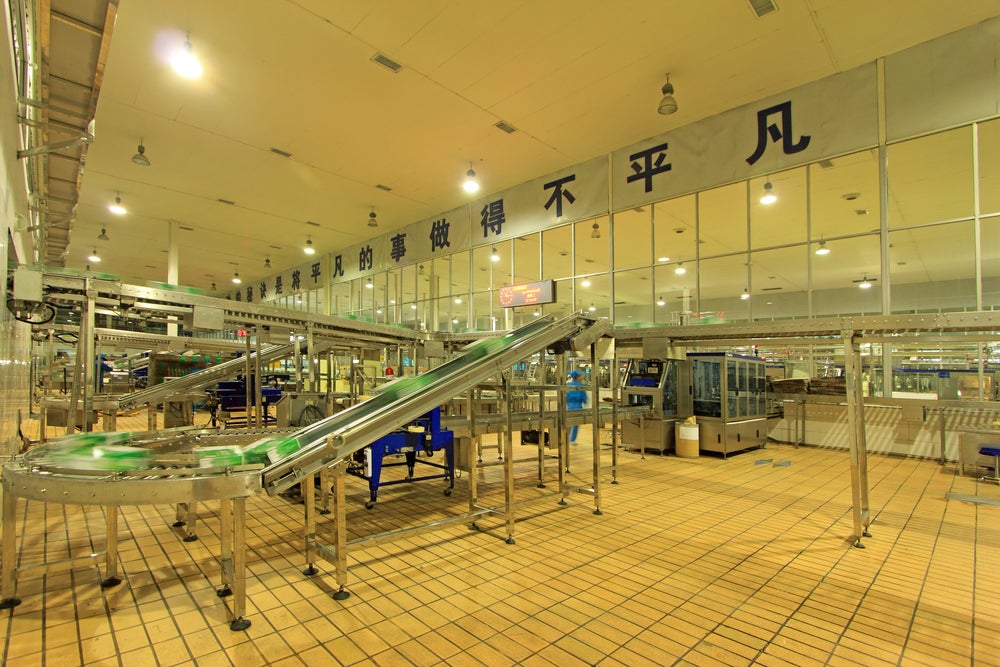Interest in engineering qualifications for jobs advertised within the packaging and paper industry has exploded over the past four years, GlobalData research shows.
Jobs listings tracked across 120 countries containing requirements for engineering education have risen from 214 in July 2019 to 1,638 in July 2023. They peaked at 2,330 in February of this year.
Since 2020, when there was a slight dip in recruitment due to the coronavirus pandemic, engineering requirements have risen from 11,912 to 21,525 in 2021 and 24,428 in 2022.
At its current trajectory, 2023 will see over 27,100 requests for engineering education in the job listings tracked by GlobalData. This would represent growth of nearly 11% year on year and growth of over 127% since 2020.
No other education requirement has seen such growth within the industry, with the other significant areas of interest tracking largely level trends since the start of 2021. The other requirements in listings making up the top three in 2022 were accounting (6,461) and finance (5,864). They remain on course to retain the second and third spots in 2023.
The driving factor behind this interest in engineering knowledge within the sector is the need to reduce the use of plastic packaging and cut down on waste. Last year, figures from the Organisation for Economic Co-operation and Development (OECD) put global recycling of plastic waste at just 9%, with landfill and mismanagement accounting for huge proportions around the world.
Organisations know they need to reduce plastic waste, not least for brand and, increasingly, regulatory reasons, and progress is being made in part through the engineering of packaging - to make it more sustainable and use less of it.
In the UK, supermarket Tesco announced this week that it has rolled out new recyclable packaging with 70% less plastic for its fresh mince product, while global e-commerce giant Amazon also recently announced plans to transform its packaging initiatives.
Such efforts to transform plastic use have been shown to work elsewhere, with recent figures from the UK’s Department for Environment, Food & Rural Affairs showing that plastic bag usage has dropped by 98% after the country’s introduction of a levy in 2015.
Our signals coverage is powered by GlobalData’s Disruptor data, which tracks all major deals, patents, company filings, hiring patterns and social media buzz across our sectors. These signals help us to uncover key innovation areas in the sector and the themes that drive them. They tell us about the topics on the minds of business leaders and investors and indicate where leading companies are focusing their investment, deal-making and R&D efforts.




